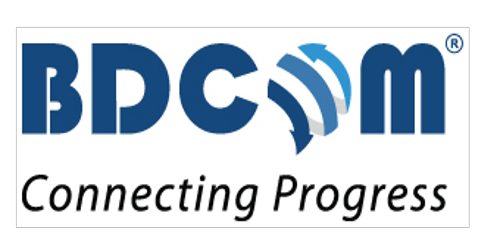Solar energy can be used to power water purification systems, which is especially useful in areas where clean water is scarce. Solar-powered distillation and desalination systems evaporate water and then condense the vapor into clean, fresh water by using the sun’s heat. These systems can be critical in providing safe drinking water in remote or disaster-affected areas where traditional water sources may be contaminated.
Electrochemistry (also known as electrochemical separation) is an energy-efficient strategy for environmental and water remediation: the process of purifying contaminated water. However, while electrochemistry consumes less energy than other similar methods, electric energy is primarily derived from nonrenewable sources such as fossil fuels.
Global electrical energy is still predominantly derived from nonrenewable, fossil-fuel-based sources, which raises questions about the long-term sustainability of electrochemical processes, including separations.
Xiao Su
Water remediation can be powered in part, if not entirely, by renewable energy sources, according to chemists at the University of Illinois Urbana-Champaign. Their method incorporates solar energy into an electrochemical separation process powered by a redox reaction, which manipulates the electric charge of ions to separate them from a solution such as water.
Solar-powered water treatment systems can function without the need for a centralized power grid. This is especially useful in remote or rural communities where access to electricity may be limited. Solar panels can generate enough electricity to power water pumps, filtration systems, and disinfection processes, ensuring clean water while avoiding the use of nonrenewable energy sources.

Using solar energy to power water treatment processes reduces reliance on fossil fuels, which contribute significantly to greenhouse gas emissions. Solar-powered water purification reduces the need for traditional energy sources, which helps to reduce air pollution and combat climate change.
Using this system, the researchers successfully separated and removed dilute arsenate from wastewater, a derivative of arsenic that is a major waste component from the steel and mining industries. This work demonstrates the viability of such systems for wastewater treatment and environmental protection.
“Global electrical energy is still predominantly derived from nonrenewable, fossil-fuel-based sources, which raises questions about the long-term sustainability of electrochemical processes, including separations. Integrating solar power advances the sustainability of electrochemical separations in general, and its applications to water purification benefit the water sector as well,” said lead investigator Xiao Su, a researcher at the Beckman Institute for Advanced Science and Technology and an assistant professor of chemical and biomolecular engineering.
















